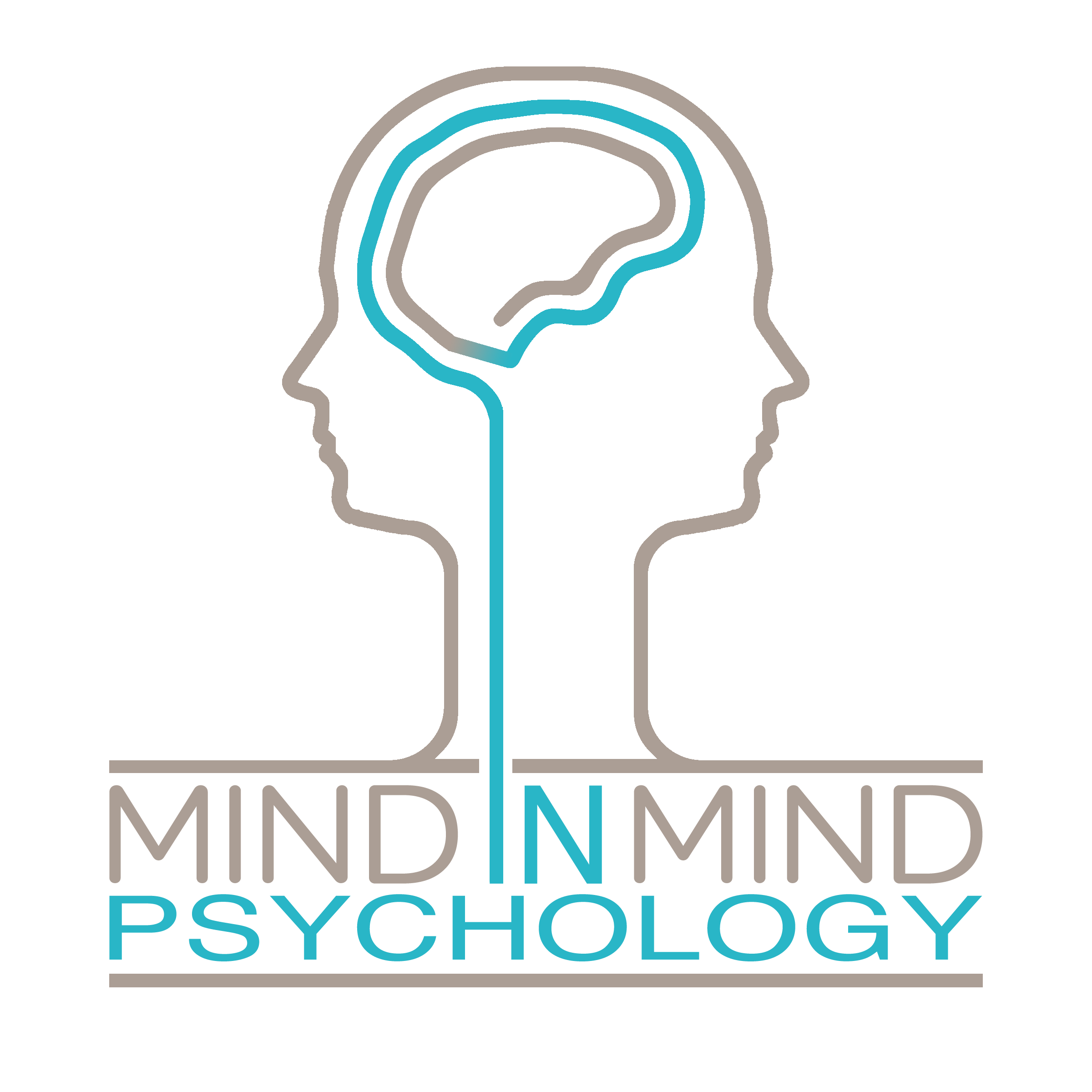Understanding Childhood Trauma: Recognizing the Signs and Providing Support
Credit: Getty Images
Many individuals may not recognize their experiences as traumatic, yet these early-life challenges can have a lasting impact on mental and physical well-being.
At our clinic, we see many clients with undiagnosed childhood trauma. Understanding the signs and symptoms can help guide you toward the right support and care.
What Causes Childhood Trauma?
Childhood trauma is commonly linked to abuse or neglect, but other experiences can also have lasting effects.
These include:
Witnessing abuse or violence
Growing up in a home with dysfunctional family roles
Parental mental health challenges
Emotional neglect or lack of support
Taking on caregiving responsibilities at an early age
Exposure to distressing content or situations
Recognizing Trauma
Patients who have experienced childhood trauma may not always recognize their experience as traumatic. Ever heard of the frog in boiling water analogy? People may present with various physical, cognitive, emotional, and behavioral symptoms that seem unrelated at first.
Some of these presenting concerns include:
Physical Symptoms
Unexplained headaches, dizziness, stomach issues, or chronic pain
Sleep disturbances, including nightmares or insomnia
Neurological symptoms such as fainting or seizures without a medical cause
Cognitive & Behavioral Symptoms
Difficulty focusing, memory gaps, or "zoning out"
Unexplained learning difficulties
Emotional & Psychological Signs
Anxiety, depression, or low self-esteem
Relationship difficulties, often arising from mistrust
Feeling emotionally numb or disconnected from oneself
Self-Harm & Coping Mechanisms
Physical or chemical self-harm
Substance misuse, over-exercising, or extreme food restriction
Engaging in high-risk behaviors
Why Psychological Support Matters
Recognizing childhood trauma is the first step toward healing and recovery. Seeking professional psychological support can help to:
Develop healthy coping mechanisms
Understand and process your experiences
Improve overall mental, emotional, and physical well-being
A trauma-informed approach ensures that you receive the care and understanding you need to move forward.
Seeking Support
If you or someone you know is experiencing the effects of childhood trauma, seeking professional support can be a crucial step toward healing.
Our compassionate and experienced psychologists are here to help navigate these challenges, providing guidance and support tailored to your needs.
To learn more or get in touch, you can submit an enquiry through our website: Mind in Mind Psychology Contact Page
Written by Dr. Jennifer Menon, Clinical Psychologist
BA (Psych), DipPsych, DClinPsych, MAPS


